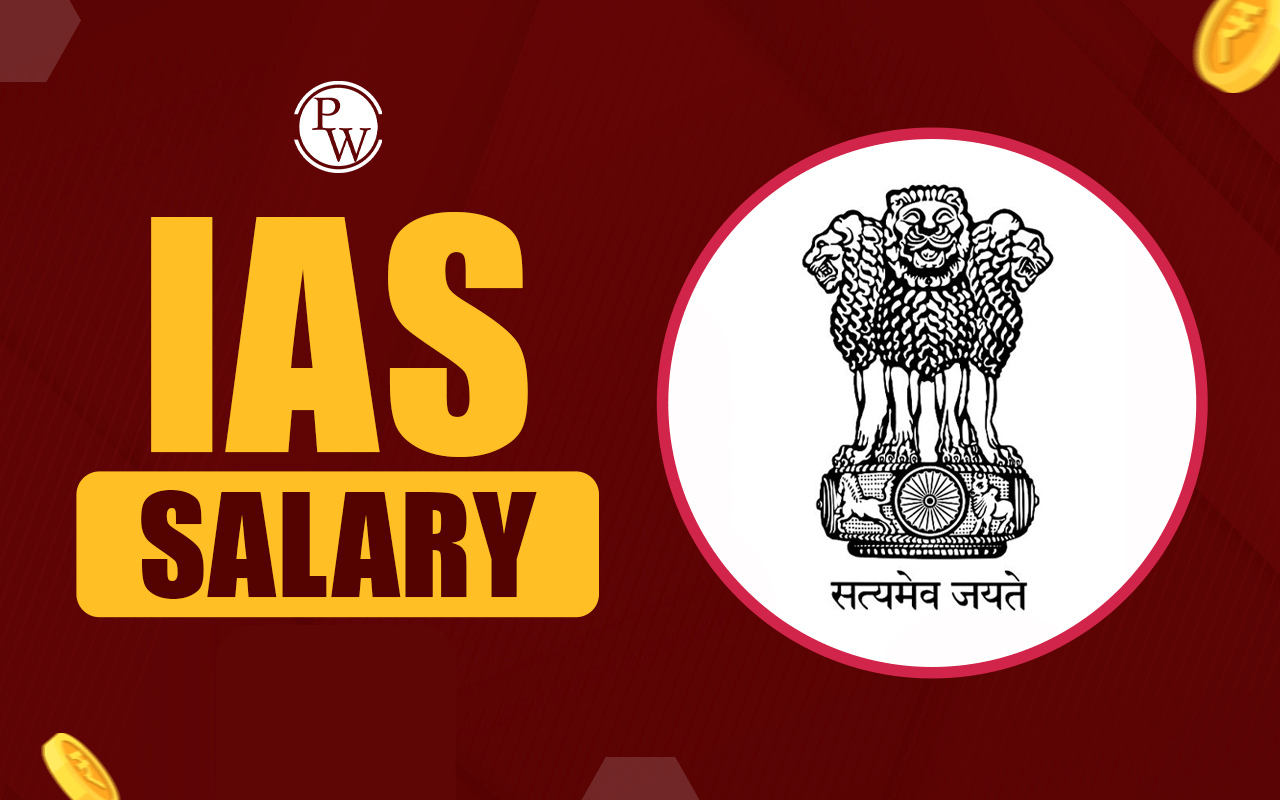
Foreign capital means the money invested or loaned from other countries into a domestic economy to support growth and development. Since the economic liberalization in 1991, India has emerged as one of the most attractive destinations for foreign capital. As per the latest data, FDI rose from USD 36.05 billion in FY 2013–14 to USD 81.04 billion (provisional) in FY 2024–25. Read on to learn more about foreign capital.
Foreign Capital Meaning
Foreign capital refers to the investment of money by foreign entities, governments, companies, or individuals into the economy of another country. It comes in various forms and serves multiple purposes. Foreign capital can flow in the form of direct investments, loans, or portfolio holdings.
It plays a critical role because it provides the necessary financial resources that local economies might lack. It helps countries build infrastructure, develop industries, and improve technology. For example, a foreign company setting up a factory in India brings in capital, creates jobs, and boosts economic growth.
Think of it as an international financial exchange, where countries borrow, invest, and lend money to help each other grow. This flow of funds benefits both the investor and the recipient economy.
Types of Foreign Capital
Foreign capital is not a single, uniform flow of money. It enters a country through various channels. Here are the major types of foreign capital:
1. Foreign Direct Investment (FDI)
Foreign Direct Investment is when a foreign company or individual invests in a business in another country. It usually involves setting up a branch, subsidiary, or acquiring a significant stake. Typically, FDI includes control or management rights over the business.
For example, when a U.S.-based carmaker builds a manufacturing plant in India, it is FDI. It not only brings in money but also technology, expertise, and employment opportunities. FDI is considered the most beneficial form of foreign capital because it fosters long-term growth and development.
2. Foreign Portfolio Investment (FPI)
FPI is when foreign investors buy stocks, bonds, or other financial assets of a country, without taking direct control of business operations. It is mainly driven by the desire to earn quick returns from market fluctuations. For example, when Foreign investors buy shares of AIRTEL on the stock markets.
FPI is more volatile than FDI because it can flow in and out quickly. It includes investments like foreign investors buying shares of Indian stocks or bonds. While it can boost financial markets, excessive FPI can also lead to instability.
3. External Commercial Borrowings (ECB)
External Commercial Borrowings refer to loans made by foreign banks or financial institutions to domestic companies or the government. These are usually long-term loans with agreed terms and interest rates.
For example, an Indian company borrowing money from a foreign bank to expand its operations is an ECB. These loans help supplement domestic funds for large projects and infrastructure development.
4. NRI and OCI Deposits
Non-Resident Indians (NRI) and Overseas Citizens of India (OCI) can deposit money in Indian banks. These deposits are a source of foreign capital that provides additional funds for economic activities.
5. External Assistance and Loans
International organizations like the World Bank, Asian Development Bank, and others provide aid, loans, Overseas Development Assistance (ODA), and grants to developing countries. These funds support projects in infrastructure, health, education, and more.
Apart from the above debt services payments also form part of India’s foreign capital.
Foreign Capital in India
India is one of the most promising destinations for foreign capital in the world. Since economic reforms in 1991, India has opened up to foreign investment to boost growth. The country has attracted foreign direct investment across sectors like IT, manufacturing, transportation, and retail.
Foreign investments in India have grown rapidly over the past few decades. India has been a major recipient of foreign capital in the form of FDI and portfolio investments. In the financial year 2024–25, India witnessed record FDI inflows, reaching $81.04 billion, a 14% increase from the previous year.
Foreign Capital FDI Investment Sectors
Some key sectors attracting foreign capital in India include:
-
Services Sector: Top recipient with 19% of total FDI inflows in FY 2024–25; includes finance, banking, insurance, and IT services.
-
Computer Software & Hardware: Attracted 16% of total FDI, driven by India’s growing digital economy and tech talent.
-
Trading: Accounted for 8% of FDI inflows.
-
Manufacturing: Saw an 18% growth year-on-year, reaching USD 19.04 billion.
-
Infrastructure & Construction: Continues to draw investment due to urbanization, smart city initiatives, and real estate growth.
Major Source Countries for FDI
The major countries investing in India are:
-
Singapore: Leading with a 30% share of total FDI equity inflows.
-
Mauritius: Accounted for 17% of inflows.
-
United States: Contributed 11% of FDI.
-
United Arab Emirates (UAE): A growing investor in sectors like infrastructure, logistics, and real estate.
-
Japan: Active in manufacturing and industrial corridors.
Role of Foreign Capital in Development
Foreign capital is crucial for a country’s development. It helps fill the gaps in saving and investment that many developing nations face. Here’s how foreign capital contributes to development:
-
Boosts Economic Growth: Foreign investments increase the total funds available for economic activities. As a result, countries experience higher growth rates and increased income levels.
-
Technology Transfer and Skill Development: Foreign investors bring advanced technology, modern management techniques, and better skills. This transfer of knowledge helps local industries become more efficient and competitive.
-
Employment Generation: Foreign capital companies create jobs for local workers. This reduces unemployment and improves living standards.
-
Infrastructure Development: Foreign investment often funds infrastructure projects like roads, ports, airports, and power plants. Better infrastructure helps the entire economy function smoothly.
-
Export Expansion: Foreign companies often promote exports by establishing production units aimed at foreign markets. This helps improve the country’s balance of trade and foreign exchange reserves.
-
Bridging Savings and Investment Gaps: Many developing countries face a gap between what they save and what they need to invest. Foreign capital helps bridge this gap by providing additional funds.
In summary, foreign capital acts as a catalyst for growth, technology, employment, and development in host countries. Managing foreign capital effectively will help ensure that India benefits all sections of society for long-term development.
Explore Physics Wallah’s UPSC Courses to deepen your understanding of economic policies and global finance!
Foreign Capital FAQs
What is foreign capital?
What are the main types of foreign capital?
Why is foreign capital important for India?
How much FDI did India receive in FY 2024-25?
Which sectors attract the most foreign capital in India?

UPSC Coaching








